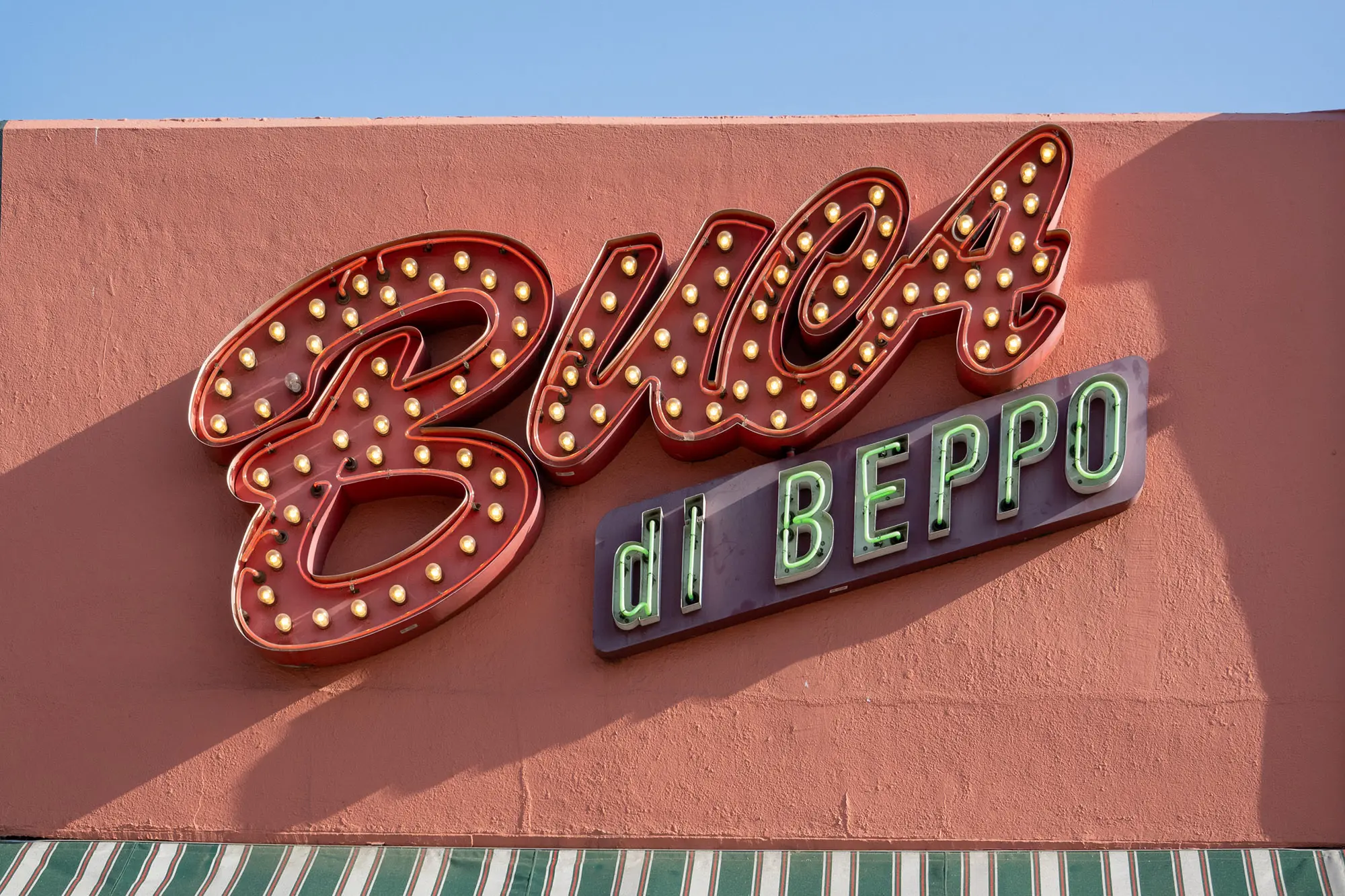Popular Italian restaurant chain files for Chapter 11 bankruptcy
The fast-casual restaurant sector has faced significant challenges in the wake of the Covid-19 pandemic, which led to widespread closures and operational shifts. Many restaurants adapted by pivoting to delivery, takeout, and drive-thru models, allowing them to weather the pandemic’s immediate impact. However, the financial strain from prolonged dining room closures pushed numerous chains into bankruptcy. Some chains took years to reach this point of financial distress.
Red Lobster emerged as a major player in this wave of bankruptcies, filing for Chapter 11 protection on May 19 and permanently closing 93 locations.
Rubio’s Coastal Grill, a Mexican fast-casual chain, filed for Chapter 11 on June 5, citing California’s AB 1228 law, which increased the minimum wage for fast-food workers at large chains from $16 to $20 per hour. The company, which operated 134 locations in California, Arizona, and Nevada, shut down 48 restaurants in California alone.
The Italian restaurant sector has also seen its share of financial difficulties and bankruptcy filings:
- FoodFirst Global Restaurants, the parent company of Brio Tuscan Grill and Bravo Cucina Italiana, filed for Chapter 11 bankruptcy in April 2020. This move came after the company struggled during and before the pandemic. Earl Enterprises acquired the Italian restaurants out of bankruptcy two months later.
- Fired Up, the owner of Johnny Carino’s Italian chain, faced its second Chapter 11 filing in July 2016, having previously filed in 2014.
- Sbarro, known for its mall-based Italian fast-food, filed for Chapter 11 bankruptcy in 2014. This followed an earlier bankruptcy filing in 2011, driven by high food, labor, and lease costs.
Buca di Beppo joined the ranks of distressed Italian chains when it filed for Chapter 11 bankruptcy protection on August 4. The Orlando, Fla.-based chain, owned by Buca Investments and nine affiliates, cited a significant decline in sales, rising food and labor costs, staffing challenges, and shifts in customer preferences. The company, which operates 44 locations across 14 states and two international locations, closed 13 underperforming restaurants in recent weeks, including sites in Sacramento and Salt Lake City.
Rich Saultz, President of Buca di Beppo, described the bankruptcy filing as a strategic step towards revitalizing the brand. “While the restaurant industry has faced significant challenges, this move is the best next step for our brand,” he said. “By restructuring with the support of our lenders, we are paving the way towards a reinvigorated future.”
Established in Minneapolis in 1993, Buca di Beppo grew to 95 locations by 2013 before starting to downsize. It was acquired by Robert Earl’s Planet Hollywood International in 2008 and is currently owned by Earl Enterprises.






